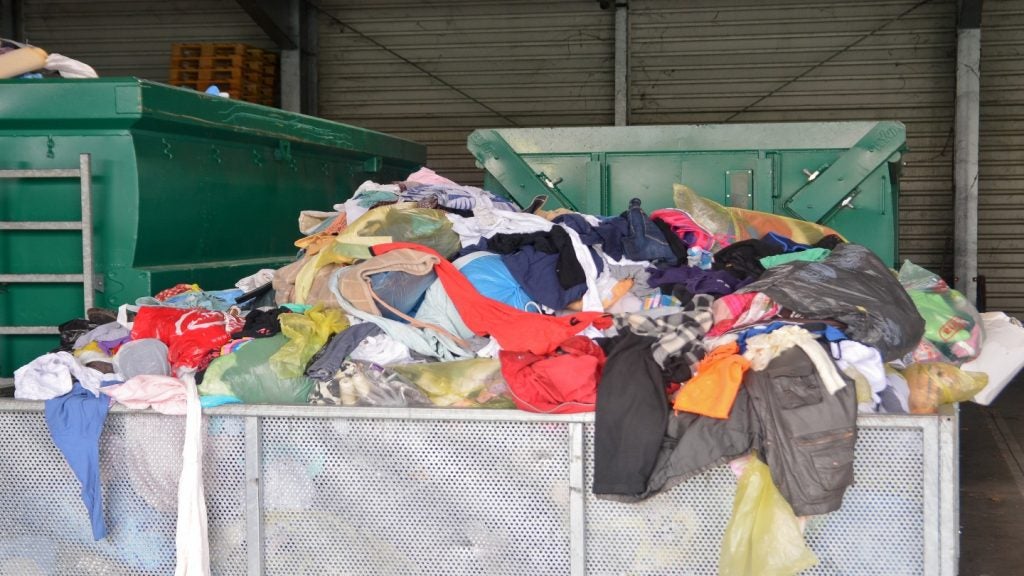The three organisations issued a joint letter calling on the EU and national policymakers to act swiftly and take immediate measures to prevent the fall of the used textile value chain.
This comes as the EU prepares for a mandatory separate collection of textile waste that will be effective from 1 January 2025. The regulation is expected to add further strain to a sector already grappling with market oversaturation due to fast fashion and rising operational costs.
In the letter, the groups said this change poses a serious risk to the EU’s circular economy objectives and could have damaging effects on the environment, jobs, and the social enterprises that are integral to textile reuse and recycling.
RREUSE, ACR+, and ZWE are calling for an emergency funding mechanism to safeguard the sector between the start of mandatory separate collection and the full implementation of Extended Producer Responsibility (EPR) for textiles.
Without adequate EPR fees to cover the collection and processing of post-consumer textiles, emergency funding is necessary to support the continued operation of existing facilities and protect the future of textile reuse and recycling.
The organisations explained the funding mechanism could be supported through existing EU programmes such as the Recovery and Resilience Fund, the Just Transition Mechanism (managed by CINEA), or loans from the European Investment Bank (EIB), with repayment obligations tied to national EPR implementation. Whether these funds take the form of grants or loans, the amount and structure should be swiftly available and tailored to the sector’s needs.
In line with the waste hierarchy, any emergency funding should prioritise local and regional reuse initiatives. Special attention should be given to funding textile collectors and sorters, with a focus on supporting social enterprises that promote work integration and poverty prevention for individuals at risk of socio-economic exclusion. Additionally, municipalities should receive support for setting up and managing textile collection systems.
The letter claims sorting facilities are facing bankruptcy due to increased volumes and declining prices. It suggests operators struggle to find destinations for reusable items and cannot store them indefinitely.
Some reusable and recyclable textiles are being incinerated as residual waste because they cannot be sold or stored further.
Additionally, it says the EU cross-border secondhand clothing market is saturated, recycling options are inconsistent, and retail sales are below expectations.
The signatories explain: “This measure is essential: to ensure and protect the EU’s competitiveness and resources; and for the EU to demonstrate that it takes responsibility for its own waste as well as for the implementation of its own laws. Separate collection and treatment of post-consumer textiles is an important step away from a linear economy and toward a circular economy. The signatories do not wish to risk the continued dumping of textile waste in non-EU countries as a result of a timing issue. We are therefore calling for an immediate solution to an immediate problem. This should not lead us to forget the roots of the problem: overproduction, which needs to be addressed through strong eco-design requirements.”









